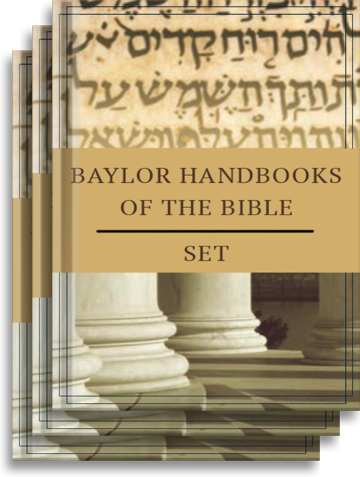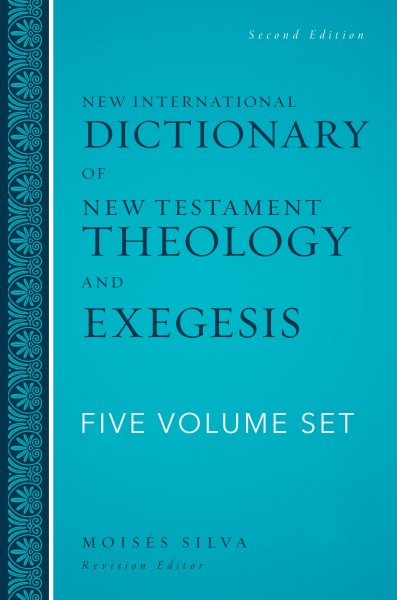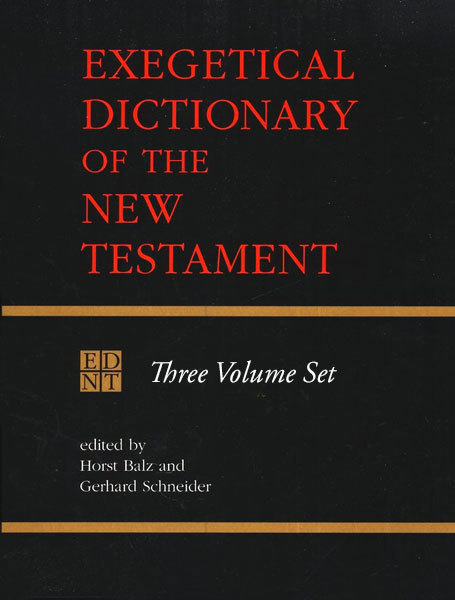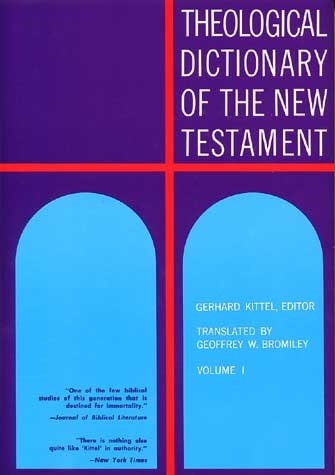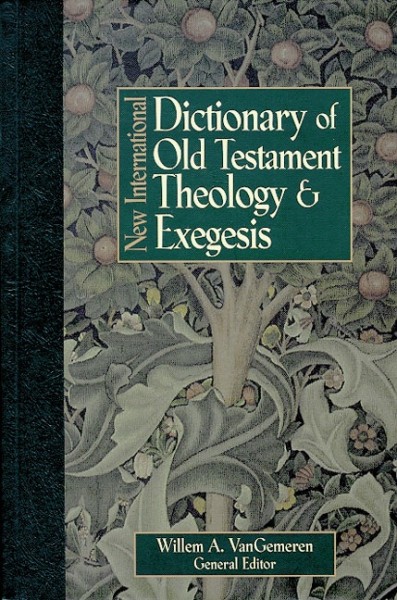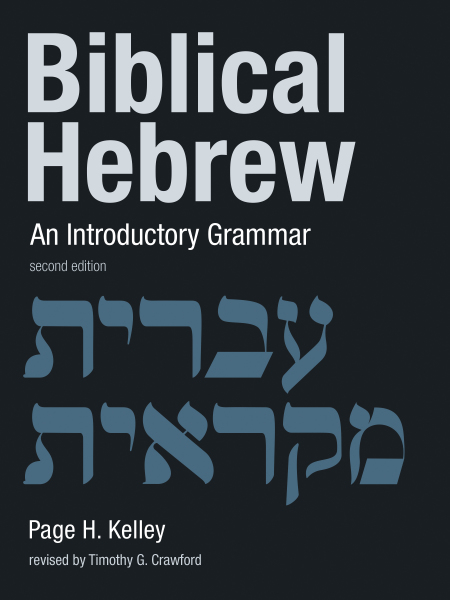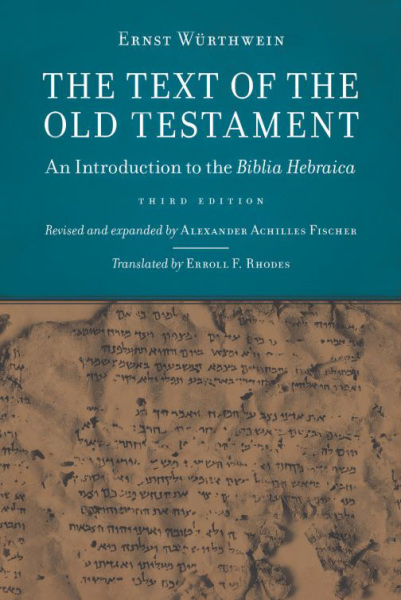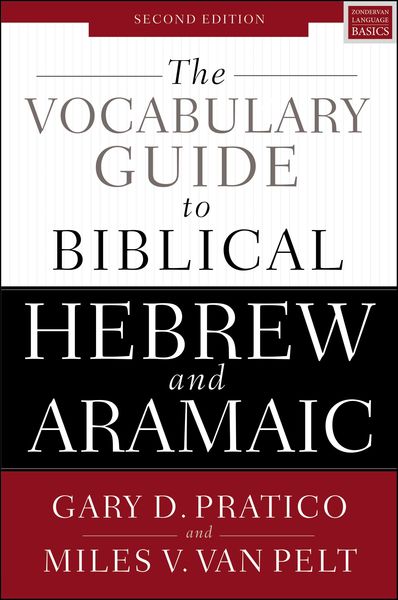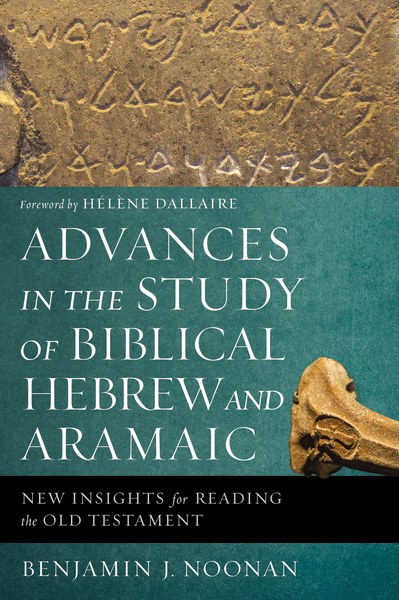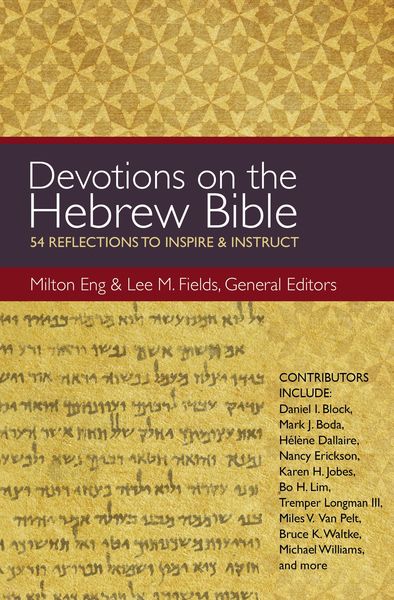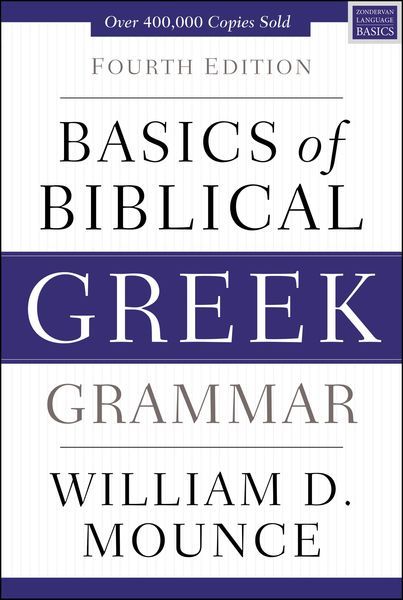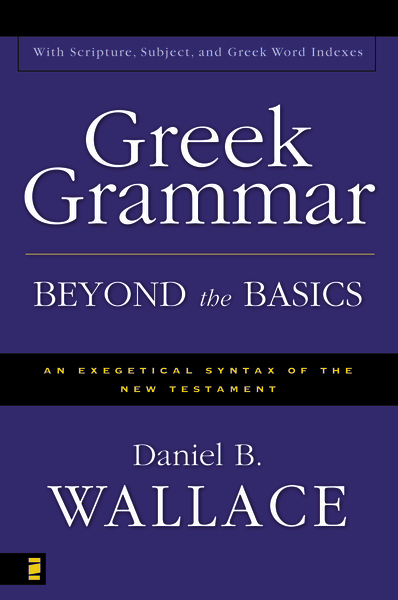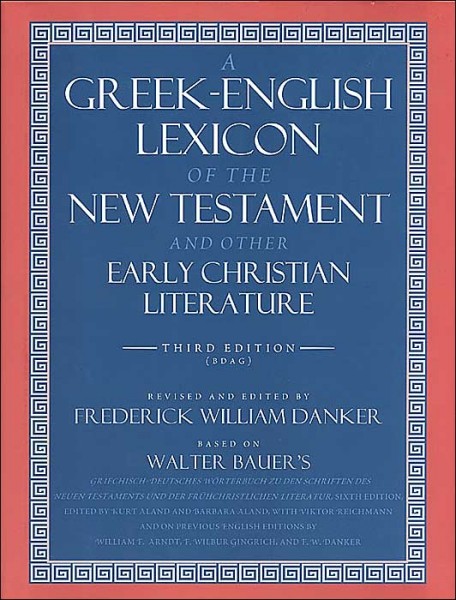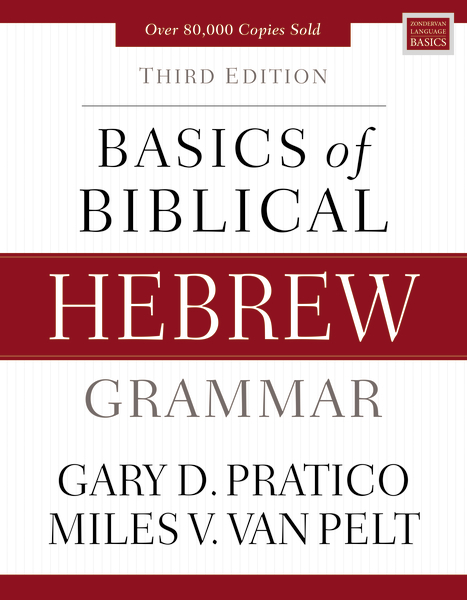Olive Tree Account
Olive Tree Account


Forgot Password
Enter the email address associated with your Olive Tree account to reset your password
Greek / Hebrew Lexicons & Tools
Greek / Hebrew Lexicons & Tools
For the Olive Tree Bible App
Sort
Sort by
Sort by
Baylor University Press
$1,839.99
$1948.7
Baylor University Press
$1,839.99
$1948.7
Moises Silva
$273.99
Moises Silva
$273.99
Moises Silva, Willem A. VanGemeren
$349.99
Moises Silva, Willem A. VanGemeren
$349.99
Eerdmans Publishing Company
$99.99
Eerdmans Publishing Company
$99.99
Willem A. VanGemeren
$218.99
Willem A. VanGemeren
$218.99
Alexander Fischer, Ernst Würthwein
$29.99
Alexander Fischer, Ernst Würthwein
$29.99
William Arndt, Walter Bauer, Frederick William Danker, F. Wilbur Gingrich
$159.99
William Arndt, Walter Bauer, Frederick William Danker, F. Wilbur Gingrich
$159.99
Barbara Friberg, Timothy Friberg, Neva F. Miller
$29.99
Barbara Friberg, Timothy Friberg, Neva F. Miller
$29.99
Greek / Hebrew Lexicons & Tools
Greek / Hebrew Lexicons & Tools
For the Olive Tree Bible App
Sort
Sort by
Sort by
Baylor University Press
$1,839.99
$1948.7
Baylor University Press
$1,839.99
$1948.7
Moises Silva
$273.99
Moises Silva
$273.99
Moises Silva, Willem A. VanGemeren
$349.99
Moises Silva, Willem A. VanGemeren
$349.99
Eerdmans Publishing Company
$99.99
Eerdmans Publishing Company
$99.99
Willem A. VanGemeren
$218.99
Willem A. VanGemeren
$218.99
Alexander Fischer, Ernst Würthwein
$29.99
Alexander Fischer, Ernst Würthwein
$29.99
William Arndt, Walter Bauer, Frederick William Danker, F. Wilbur Gingrich
$159.99
William Arndt, Walter Bauer, Frederick William Danker, F. Wilbur Gingrich
$159.99
Barbara Friberg, Timothy Friberg, Neva F. Miller
$29.99
Barbara Friberg, Timothy Friberg, Neva F. Miller
$29.99

